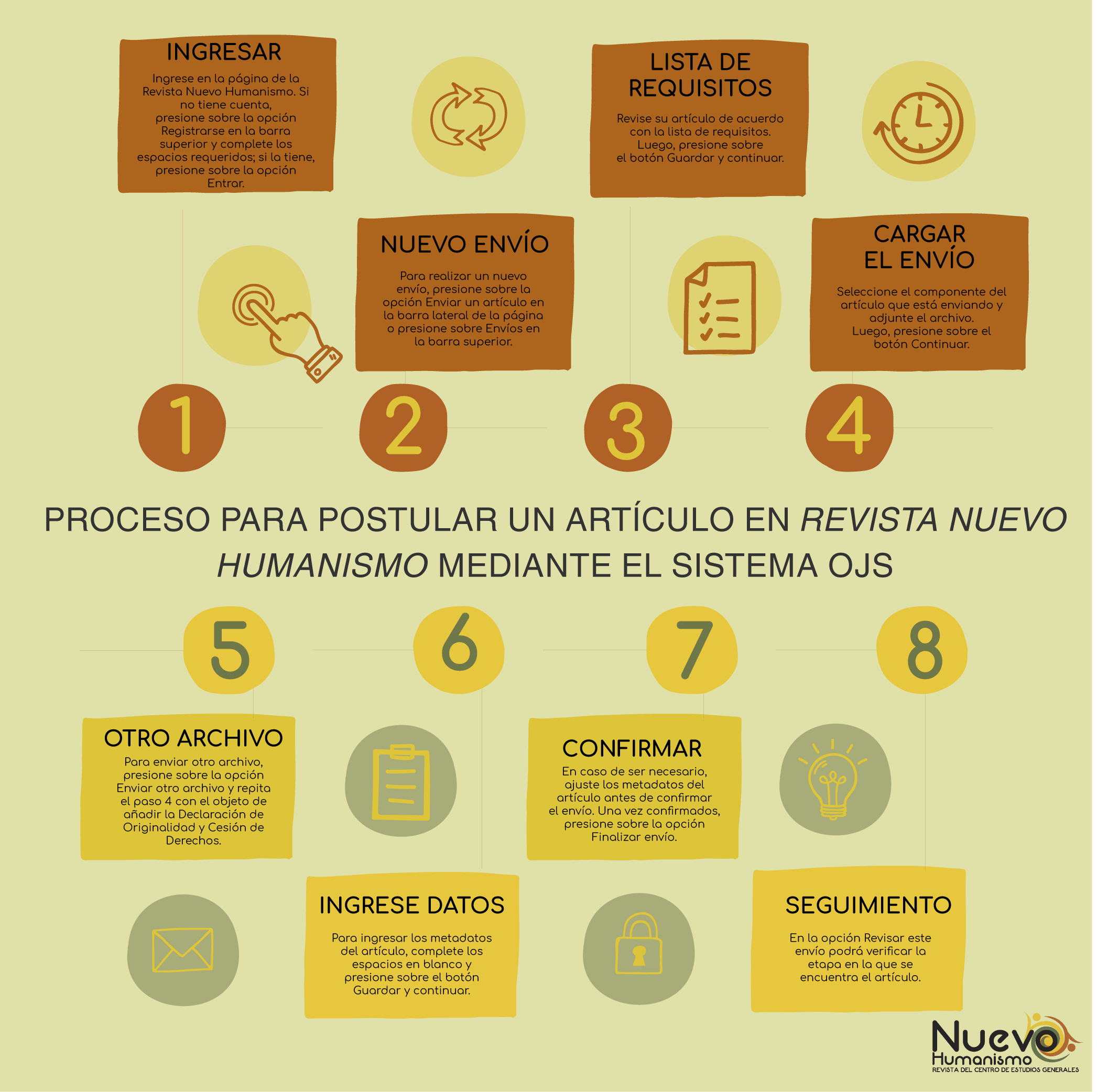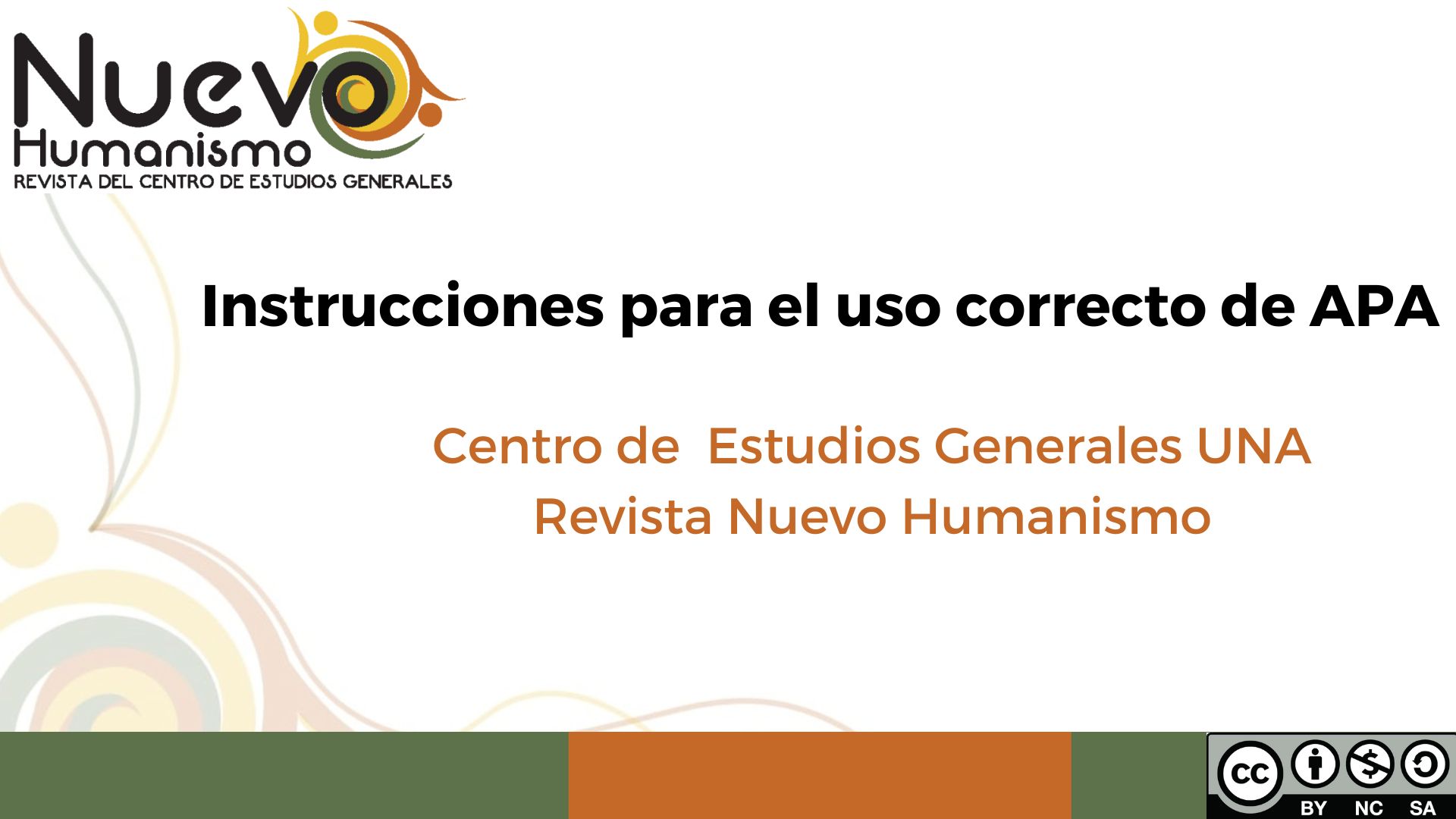Participation, representativeness and democracy. Social movements in the construction of modern ethical and political systems in Latin America
DOI:
https://doi.org/10.15359/rnh.12-2.20289Keywords:
ethics, political parties, political system, social movementsAbstract
Introduction. Today, social movements are considered to be key actors in
the development of politics worldwide. Their sudden appearance in this field
is evidence of the emergence of new, alternative and necessary forms of social organization. Their intervention is marked by an aura of change and restitution of rights. In Latin America, these collectives arise from popular discontent and as a counterweight to political parties, evidencing a structural gap in the so-called representative democracies. Objective. In this context, the study seeks to analyze the importance of social movements in the construction of modern ethical-political
systems. Methodology. The research has a qualitative approach based on a
literature review from a conceptual and categorical basis. The concepts addressed include political systems, crisis of representation and plurality of identities, while the categories include democratization of power, loss of legitimacy of traditional political structures and recognition of diversity. Results. Social movements have contributed to reconfiguring power relations, promoting greater inclusion, justice and democratic sustainability, this as a consequence of a distrust in institutions and governance structures. Conclusions. It is concluded that social movements are a key element in the development of the so-called modern democracies in Latin America, since their participation generates spaces of representation and agency for socially and historically excluded groups in Latin America.
References
Arendt, H. (1997). ¿Qué es la Política? (1era edición en español). Ediciones Paidós.
Aristóteles. (1988). La política. Editorial Gredos. https://www.um.es/noesis/archivo/2023/Arist,Pol.pdf
Baraona, M., Guzmán, W., y Muñoz, D. (2020). Catorce principios pedagógicos que dimanan del Paradigma Tri Dimensional (PTD) del Nuevo Humanismo. Revista Nuevo Humanismo, 8(1), 35-69. http://dx.doi.org/10.15359/rnh.8-1.2
Borón, A. (2007). Crisis de las democracias y movimientos sociales en América Latina. Notas para una discusión. Tareas, 126, 13-30. https://biblioteca.clacso.edu.ar/Panama/cela/20120717032041/crisis.pdf
Brito, E. (2017). Los nuevos movimientos sociales latinoamericanos. Panorama Cuba y Salud, 12(1), 56-58. https://www.redalyc.org/pdf/4773/477355613017.pdf
Castells, M. (1998). La era de la información. Economía, sociedad y cultura. Alianza Editorial.
Círculo de Estudios Latinoamericanos (junio, 2024). Indicador de corrupción para América Latina (CESLA). https://www.cesla.com/pdfs/Informe-de-corrupcion-en-Latinoamerica.pdf
Deleuze, G., y Guattari, F. (2002). Mil mesetas. Capitalismo y esquizofrenia. Pretextos.
Echeverría, J. (2003). La teoría del sistema político. En F. Burbano de Lara (Ed.), Antología, Democracia, gobernabilidad y cultura política (pp. 80-106). FLACSO.
Fals Borda, O. (1986). El nuevo despertar de los movimientos sociales. Revista Foro, 1, 76-83. https://www.proquest.com/docview/212213245?pq-origsite=gscholar&fromopenview=true&sourcetype=Scholarly%20Journals
Grosfoguel, R. (2014). La descolonización de la economía política y los estudios poscoloniales: ransmodernidad, pensamiento descolonial y colonialidad global. En B. de Sousa Santos y M. Meneses (Eds.), Epistemologías del Sur Perspectivas (pp. 373-405). Ediciones Akal.
Houtart, F. (2006). Los movimientos sociales y la construcción de un nuevo sujeto histórico. En A. Borón, J. Amadeo, S. González y E. Altvater, La teoría marxista hoy. Problemas y perspectivas. (pp. 435-444). CLACSO.
Jaguaribe, H. (1967). Modelos Políticos y Desarrollo Nacional en América Latina. Foro Internacional, 4(28), 331-355. https://forointernacional.colmex.mx/index.php/fi/article/view/346
Jaguaribe, H., Ferrer, A., Wionczek, M., y Dos Santos, T. (2017). La dependencia político-económica de América Latina. CLACSO.
Laclau, E. (2005). La razón populista. Fondo de Cultura Económica.
Lander, E. (1993). La colonialidad del saber: eurocentrismo y ciencias sociales. CLACSO.
Mejía, C., y Suárez, P. (2015). La configuración de los nuevos movimientos sociales frente a la crisis de lo social. Revista Brasileira de Ciências Sociais 30(89), pp. 159-200. http//dx.doi.org/10.17666/3089159-170/2015
Platón. (1988). La República. Editorial Gredos. https://acortar.link/PguWwh
Pleyers, G. (2018). Movimientos sociales en el siglo XXI. CLACSO.
Quijano, A. (1993). Colonialidad del poder, eurocentrismo y América Latina. En E. Lander (Comp.). La colonialidad del saber: eurocentrismo y ciencias sociales. Perspectivas latinoamericanas (pp. 193-238). CLACSO.
Revilla, M. (1996). El concepto de movimiento social: Acción, identidad y sentido. Última Década, 5, 1-18. https://www.redalyc.org/pdf/195/19500501.pdf
Published
How to Cite
Issue
Section
License
Copyright (c) 2024 Iván Patricio Ríos Sangucho

This work is licensed under a Creative Commons Attribution-NonCommercial-ShareAlike 4.0 International License.











